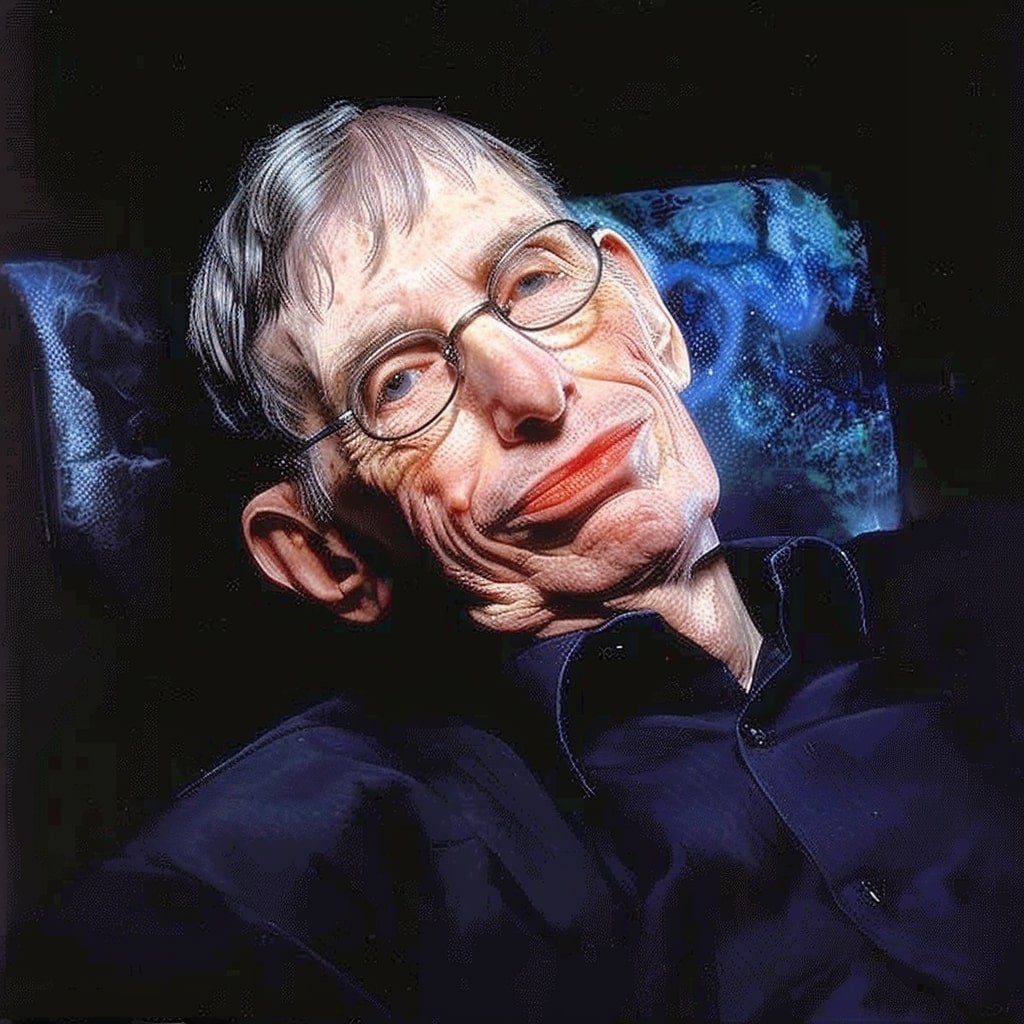Stephen Hawking was a world-renowned theoretical physicist, cosmologist, and author known for his groundbreaking work in black hole physics and cosmology. His contributions to our understanding of the universe have had a profound impact on both science and popular culture.
Early Life and Education
Stephen Hawking was born on January 8, 1942, in Oxford, England. From a young age, he displayed a keen interest in science and mathematics. He studied physics at University College, Oxford, where he earned his Bachelor of Science degree in 1962. Hawking continued his studies at the University of Cambridge, where he obtained his Ph.D. in cosmology in 1966.
Career Milestones
Lucasian Professor of Mathematics at the University of Cambridge. Author of “A Brief History of Time.” Co-founder of the Center for Theoretical Cosmology.
Black Hole Physics and Cosmology
Stephen Hawking made significant contributions to our understanding of black holes and the nature of the universe. His theory of black hole evaporation, known as Hawking radiation, proposed that black holes emit radiation and can eventually evaporate over time. This work, published in 1974, challenged existing theories and opened new avenues for research in theoretical physics.
Popular Science and Writing
Hawking was also known for his ability to communicate complex scientific concepts to the general public. His book “A Brief History of Time,” published in 1988, became a bestseller and introduced millions to the concepts of cosmology and theoretical physics. Hawking wrote several other books, including “The Universe in a Nutshell” and “The Grand Design,” further exploring the mysteries of the cosmos.
Contributions to Science and Technology
Hawking’s work extended beyond black holes to include contributions to the understanding of the Big Bang theory, quantum mechanics, and the nature of time. His research on the origins and fate of the universe has influenced modern cosmology and inspired new theories and discoveries.
Recognition and Influence
Stephen Hawking’s scientific achievements earned him numerous accolades and honors, including being named a Fellow of the Royal Society and receiving the Presidential Medal of Freedom. His impact on both science and popular culture made him one of the most recognized and influential scientists of his time.
Personal Life and Legacy
Stephen Hawking was diagnosed with amyotrophic lateral sclerosis (ALS) at the age of 21, a condition that gradually paralyzed him over the decades. Despite his physical limitations, Hawking continued to work and contribute to science, using a computerized speech-generating device to communicate. He passed away on March 14, 2018, leaving behind a legacy of scientific discovery and popularization.
Website and Social Media
Website: Stephen Hawking
: https://twitter.com/StephenHawking


